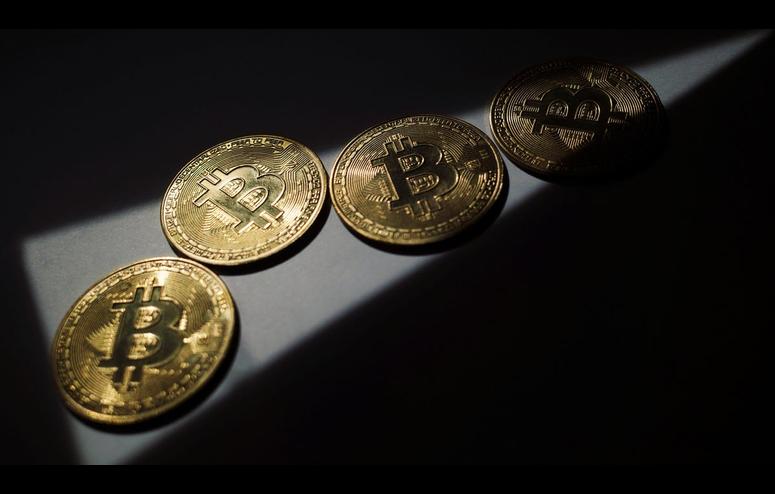India's anti-money laundering laws will now apply to crypto transactions
TL;DR The Indian government has applied anti-money laundering provisions to transactions related to cryptocurrencies or virtual tokens, in an effort to tighten its supervision of digital assets. This move follows global efforts to curb the use of digital assets for money laundering. Under the new law, local crypto exchanges and entities dealing with virtual digital assets must conduct know-your-client due diligence on their users and maintain records of transactions over $12,200 for a minimum of five years.

The Indian government will apply anti-money laundering provisions to transactions related to cryptocurrencies or virtual tokens, in an effort to tighten its supervision of digital assets.
The finance ministry, on Tuesday (March 7), issued a notification stating that local crypto exchanges and entities dealing with virtual digital assets (VDA) will now be required to conduct know-your-client due diligence on their users. Under the law, every reporting entity must maintain a record of all transactions of more than around $12,200 for a minimum of five years.
Advertisement
This move is in sync with global efforts to curb the use of digital assets for money laundering, similar to the rules applied to other regulated entities such as banks and stock brokers. As early as 2014, Canada brought entities dealing in virtual currencies under its money- laundering and terrorist financing act. Similarly, South Korea is working towards regulating its crypto industry through anti-money laundering policies.
In India, concerns around the use of cryptocurrencies for laundering illegal cash came to the fore in 2021. That June, Indian authorities discovered that nearly $488 million had been laundered via crypto transactions in the previous year alone.
Indian authorities have taken a tough stance on cryptos
Even though VDAs and non-fungible tokens have gained popularity in India over the last few years , the government did not have a clear policy or regulation until last year. The government’s budget, in 2022, imposed a 30% tax on income from crypto transactions and introduced a 1% tax, deducted at source, on income above a certain threshold. Gifts of crypto and digital assets are also taxed.
These rules led to a sharp drop in trading volumes within 10 days, and eventually a plunge by 90% over the next three months. Several crypto entities shut shop in India, moving their operations and trading to more crypto-friendly countries like Dubai or El Salvador.
Advertisement
“According to a recent report, the Dubai DMCC Free Zone has said 16% of the new company registrations recorded in Q1 of 2022 were crypto and blockchain companies,” Pushpendra Singh, the founder of the crypto media platform SmartView AI told Cointelegraph last year. “ Millions of young talented Indians from various disciplines have left Indian soil in search of better opportunities.”
After banning rampant crypto advertising last year, Indian authorities introduced a pre-emptive ban on crypto advertising and sponsorships during a domestic women’s cricket league last month. Over the past few months, the government has also pressed for collective efforts to globally regulate crypto assets, as a means of checking terror funding. At a G20 meeting last month, Nirmala Sitharaman, India’s finance minister, urged international authorities to work together to regulate crypto assets more effectively.
The crypto industry has welcomed India’s move
The inclusion of crypto transactions under the ambit of money laundering laws has legitimized the sector, amid concerns about a possible ban on crypto.
Advertisement
The move “is a positive step in recognizing the sector,” said Ashish Singhal, the co-founder and CEO of the Indian crypto exchange CoinSwitch, in an email. “This will strengthen our collec tive efforts to prevent VDAs from being misused by bad actors.”
